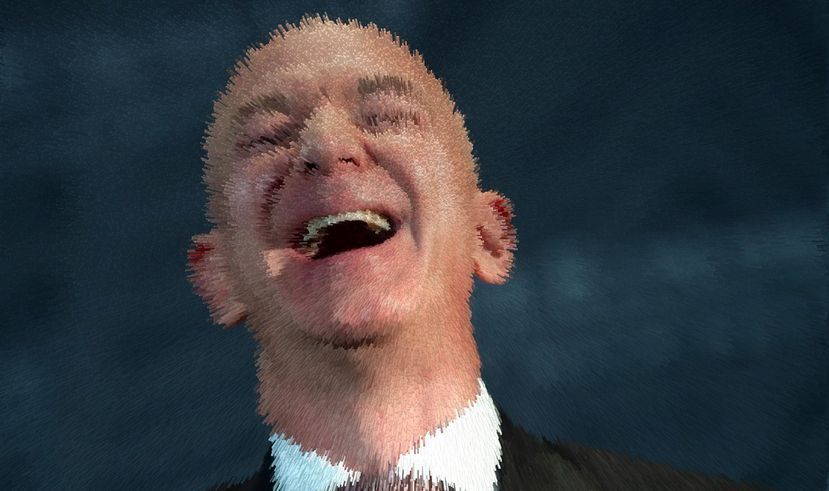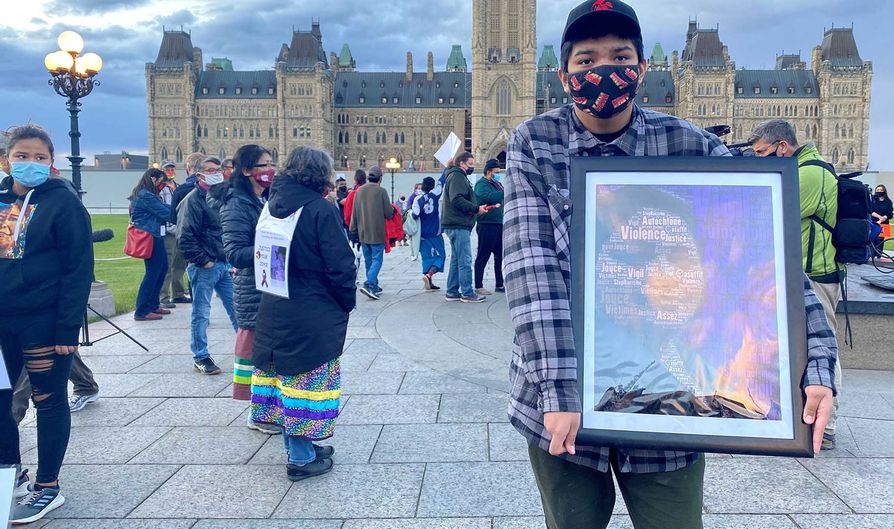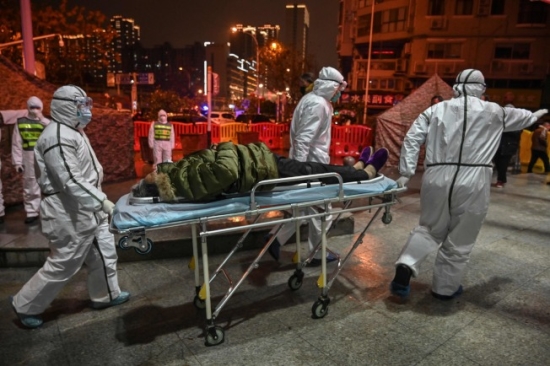The word “hero” is in vogue these days. The COVID-19 pandemic has revealed the importance in our society of nurses, cleaners, and grocery store workers to millions. Most Canadians are rightly grateful for the labour of these workers, who are doing their best to contain the pandemic and keep the country fed, often at great peril to themselves and their own loved ones. Health care workers, most famously, are treated to nightly 7 p.m. applause and banging of pots and pans from front lawns and apartment windows. And from political leaders’ speeches to highway billboards to TV commercials, that special word is, if anything, beginning to suffer from a bit of overuse. And a word can only go so far before actions are required.
Amazon, while using the word, has also chosen its next course of action: far from a round of applause, it’s giving its workers a slap in the face. As new reports of COVID-19 infections and deaths of Amazon employees continue to come in (two deaths reported yesterday of workers at a fulfillment centre in Indiana have pushed the US Amazon death toll to at least seven), the company founded by the richest man in history now says it will end its $2/hour “hero pay” raise and cancel double-pay for overtime in both Canada and the United States on May 30.
A leaked Amazon memo to employees read in part: “We are providing a final extension of the temporary $2/hour pay increase and double overtime pay through May 30 […]. At that point, we will return to our regular pay and overtime structure.” After informing hundreds of thousands of workers of their impending pay cut, the memo cheerfully closed with “Thank you for everything. We couldn’t be more proud of the work you’ve done for our communities.”
Not proud enough, it seems, to pay a wage that can support raising a family or paying the rent in “our communities.”
While the overall economy is in shambles and the unemployment rate exploded in April to 13%, the enforced self-isolation of millions due to the pandemic has been a market-share bonanza for Amazon. CEO Jeff Bezos, infamous for many things already (including spending an unprecedented US$1.5 million failed attempt to defeat our Socialist Alternative city councillor in Seattle), added US$18 billion to his personal net worth in just the two months spanning March 14 to May 14, bringing his total to an unheard-of US$143 billion. And astonishingly, he’s recently been projected by the business-advice platform Comparisun to become the world’s first trillionaire by 2026 (slightly more conservative estimates push this milestone back to 2030).
His company, meanwhile, is notorious as one of North America’s biggest low-wage employers, with an average Canadian warehouse wage of less than $17/hour according to the job-finder website Indeed.com. Amazon has been on a hiring spree during the pandemic, bringing on at least 175,000 new workers in the United States and at least 5,000 in Canada since the beginning of March, as millions self-isolate and take their shopping online. And with millions out of work and many failing to meet federal and provincial government requirements for emergency relief, Amazon is taking full advantage. Equalling Amazon’s notoriety in low pay is the horrible conditions in its fulfillment centres. Over the last several years, nightmare stories have emerged of warehouse workers micromanaged to the point of needing to urinate in bottles and having their every hand-motion monitored by a wristband. Amazon (as well as its subsidiaries, most notably Whole Foods) has also long been a stalwart opponent of its employees’ efforts to unionize. The pandemic has not changed that one bit, and the company has used the very physical-distancing measures that it refuses to implement at its workplaces as a weapon to attack and fire organizers, as well as disparaging one leading worker in a leaked executive discussion as “not smart or articulate.” Anti-union training videos for new hires in the United States is common practice.
On this anti-labour front, Bezos has a friend in Canada’s prime minister. Last month, Justin Trudeau chose Amazon over Canada Post for nationwide distribution of $2 billion worth of personal protective equipment (PPE), in another battle of his years-long crusade against the Canadian Union of Postal Workers (CUPW). (This is yet another Trudeau priority, as with building pipelines and selling armoured vehicles to Saudi Arabia, that he has energetically continued from his predecessor, Stephen Harper.) Trudeau and Amazon claimed that the company will make no profit from this deal, but it is a clear shot at one of the major public-sector unions and should be taken as a warning to all unionized workers that this government, even during a pandemic, does not have their backs.
But workers, unionized and non-unionized, don’t have to take these attacks lying down. Employees at Amazon and other places where “hero pay” may soon come to an end, from warehouses to grocery stores, should fight back against any attempt by Amazon (or Loblaws, or Sobeys, or Walmart) to rescind pandemic raises. Unions such as CUPW, United Food and Commercial Workers (UFCW), and Unifor should prepare their members for strike action if the companies try to go ahead with their threats, and at the same time work with non-union Amazon and Walmart workers to both resist wage-cuts and sign union cards to officially organize their workplaces. Such a campaign could even be spread to the migrant workers in the fruit and vegetable fields, who are a no-less-important (though too often forgotten) part of keeping this country fed.
And looking toward the future, we have to prepare to fight for victories greater than $2/hour. Amazon, Bezos, and a very few other companies and billionaires have hoarded unheard-of levels of wealth while social housing remains un-built, rents remain far too high, health care is underfunded, and greenhouse gas emissions – which have taken just the tiniest drop during this worst-in-a-century global health crisis – are set to come roaring back sooner than we think. Our members in the United States are in the lead of the movement to claw back some of the wealth of the top corporations so that it can be used for the public good. Eventually, as part of building the strength of the socialist movement in Canada and internationally, we will need to go beyond even that. The capitalist stranglehold on our economic and political systems has to be broken, and we’re going to need a lot of heroes to do it.




